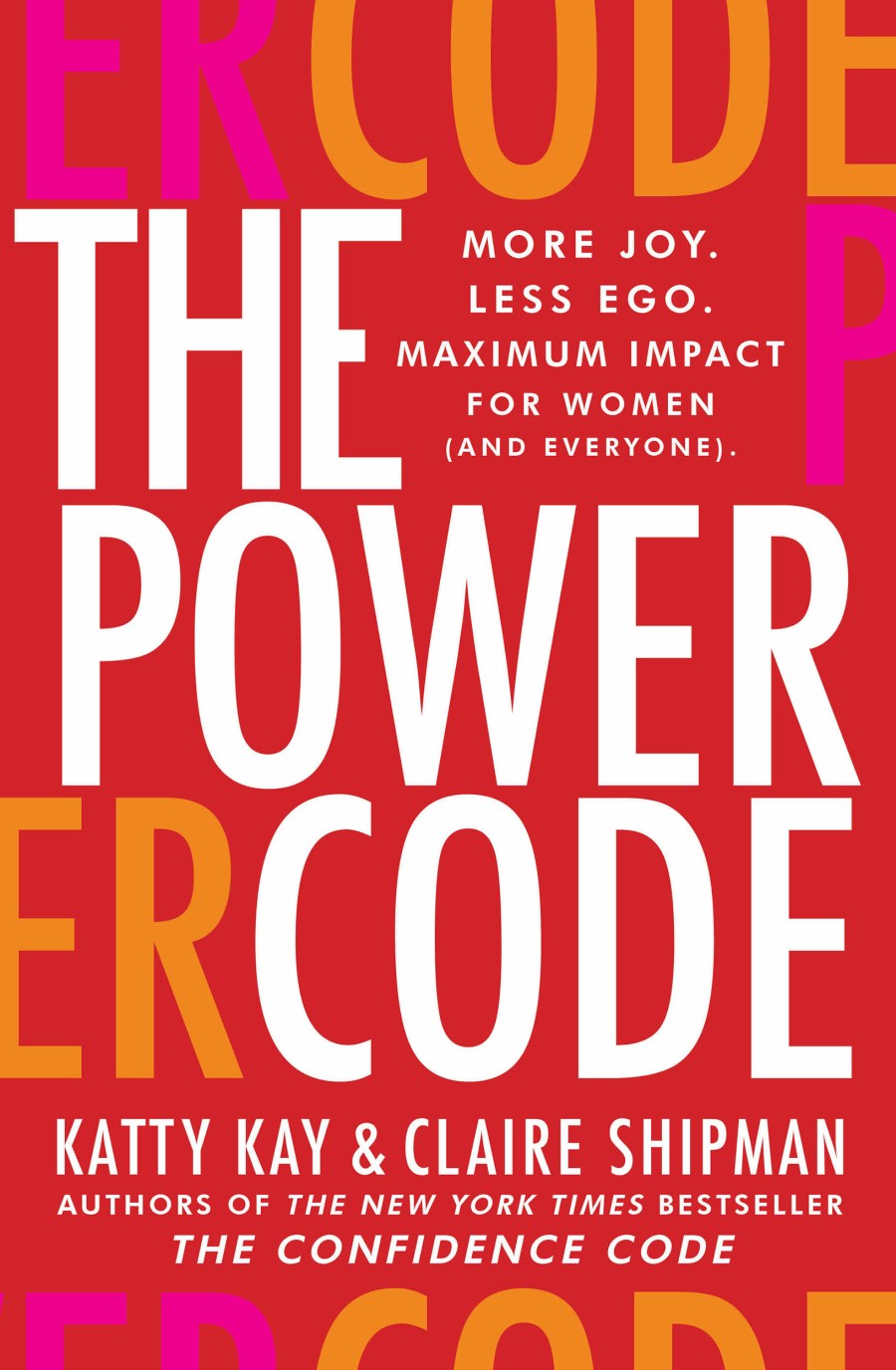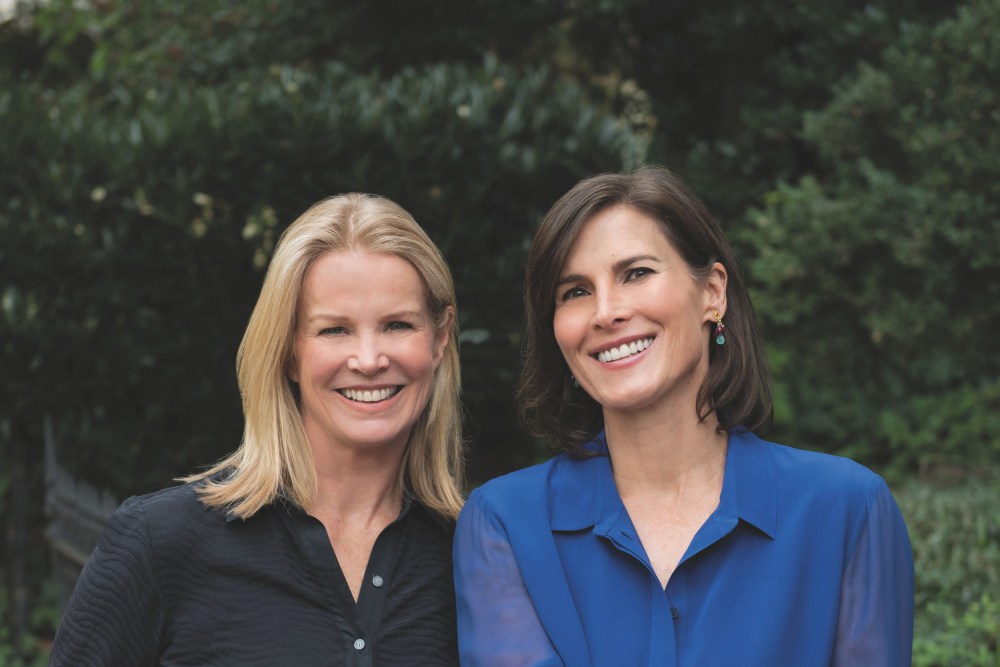Veteran journalists Katty Kay and Claire Shipman have spent the past 15 years writing about women and leadership, finding work-life balance, and building confidence from girlhood to adulthood.

But despite an increase in representation, the average number of women as heads of state or in government around the world still hovers around 25 percent, according to the UN.
Driven by their mission toward equality in the workplace and at home, the bestselling authors have now taken on a bigger question: Why does power still seem so elusive for women?

Kay and Shipman set out to answer the question – and provide a blueprint for women to follow – in their latest book, “The Power Code: More Joy. Less Ego. Maximum Impact for Women (and Everyone).”
What they found in their research and expert interviews proved insightful – and disturbing: Many women don’t actually want power as it exists today. In what they call “power aversion theory,” Kay and Shipman reveal that women’s ambivalence toward power is rooted in the desire to prioritize a broader range of life goals and make a lasting impact in society.
As it stands today, power dynamics do not work for women, men or the world. Instead, they offer an alternative version that rejects the historically strict, hierarchical nature of “power over” others, and embraces one centered on purpose – or the “power to” effect change.
Here, the idea of status, or the necessity of seeking respect, is fundamental. As they explain in the book, female-driven power is “more communal, with a focus on the end result, or the ‘why’ of power.”

Kay and Shipman recently spoke with Know Your Value about this new definition of power, how women can leverage the power they already have and find new sources of it in themselves and their community.
Below is the conversation, which has been edited for brevity and clarity:
Know Your Value: You have written several books about women, girls and confidence. What prompted you both to tackle the issue of power?
Kay: One of the things that really launched us on this whole excavation of women’s relationship with power was when we came across a study a few years ago from Harvard academic Alison Wood Brooks.
She looked at whether women want power. She did nine different versions of the same study and found that women don’t want power because the costs of getting it are too high.
And when they see power in action, women actually don’t find it very appealing. [Women] don’t want [power] because we don’t want to make the compromises around the rest of our life goals, because we have a broad set of things that we value in life, compared to men, a much broader set.
And that is why we wanted the subtitle of our book – this idea of less ego – because I think a lot of women will relate when we see power in action, it’s very ego-driven.
Now it’s not that women don’t want to run things, because we can run things well. We just need to redefine what power is and what it looks like. This book is really about changing society … and changing the way that power is wielded.
We have lots of tips in the book for what you can do if you already have power, what you can do if you’re rising up through the ranks and want to get more power, and [how] to improve your relationship with it.
Know Your Value: What did you find in your research about women’s relationship with power?
Shipman: What started to emerge was that there is this kind of traditional definition of power, which is quite hierarchical and it’s the kind of power over – there’s a dominance aspect to it – you have power if you can get somebody to do something. And that manifests itself in organizations and at an individual level.
What we found is that it’s not really the only way to define power, and that women actually intuitively feel power slightly differently. We don’t think about “power over” – that’s not a motivator – we think about “power to.”
In other words, to what end? We tend to ask the “why” – why are we doing this – and if it’s not sensible to us, it’s not of interest.
We came to see this “power over” versus “power to” is one of the real factors why women stall at a certain point, we don’t feel as comfortable or interested in that kind of power. And we clash because we’re trying to implement power the way we see it.












